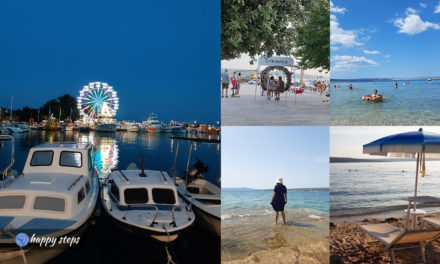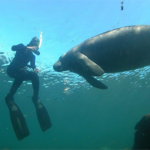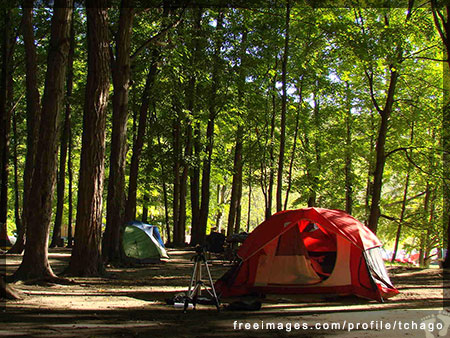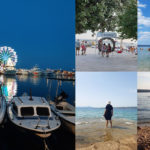
Travel insurance for “peace of mind”
 “Please pray for good weather during my trip…” was the SMS I got from a friend who will be traveling all the way from Cebu via Ceres Bus this week. I assured her in my reply that she’ll have my prayers for a safe trip. With the recent tropical storm that passed, resulting to some stranded travelers, I understand why my friend was a bit worried. Going on a trip not only makes one excited, there’s always that nagging thought about the risks involved while being strapped to your seat belt high up in the skies or sleeping on a bunk bed onboard a ferry.
“Please pray for good weather during my trip…” was the SMS I got from a friend who will be traveling all the way from Cebu via Ceres Bus this week. I assured her in my reply that she’ll have my prayers for a safe trip. With the recent tropical storm that passed, resulting to some stranded travelers, I understand why my friend was a bit worried. Going on a trip not only makes one excited, there’s always that nagging thought about the risks involved while being strapped to your seat belt high up in the skies or sleeping on a bunk bed onboard a ferry.
Yes, we hope for things to be hassle-free and comfortable while lining up at the check-in counters or going through immigration, yet some travel inconveniences could also happen such as flight delays, trip cancellation or loss of baggage. This is where travel/trip cancellation insurance comes in as “peace of mind” insurance as discussed by Steve Call of The Ironton Tribune in his article about purchasing travel insurance.
According to Steve Call, the most common risks covered by travel insurance are:
• Medical expenses
• Emergency evacuation/repatriation
• Overseas funeral expenses
• Accidental death, injury or disablement benefit
• Cancellation
• Curtailment
• Delayed departure
• Loss, theft or damage to personal possessions and money (including travel documents)
• Delayed baggage (and emergency replacement of essential items)
• Legal assistance
• Personal liability and rental car damage
• Supplier default
For those with pre-existing medical conditions, additional coverage maybe required. Going on extreme sports holidays or traveling to high risk countries such as hurricane prone areas might also require additional coverage.
The article further explains that purchasing travel insurance offered by travel suppliers are usually less inclusive as compared to those offered by the insurance companies. Coverage for travel insurance varies according to the needs of travelers – student travel, business travel, leisure travel or cruise travel – these are just some of the options.
The best way to minimize travel inconveniences is to plan ahead and be prepared, and scouting for a good travel insurance package is an important part of the pre-travel phase. Along with being financially equipped, one should also be physically fit to travel. Anyway, my usual parting words or final message when somebody is about to board the plane or bus is this: “Have a safe and happy trip!”




























you have shared here great tips to travel Carey, yes, it is always great to have that peace of mind when we travel.
yes Betchai, when are you coming to pinas? 😉